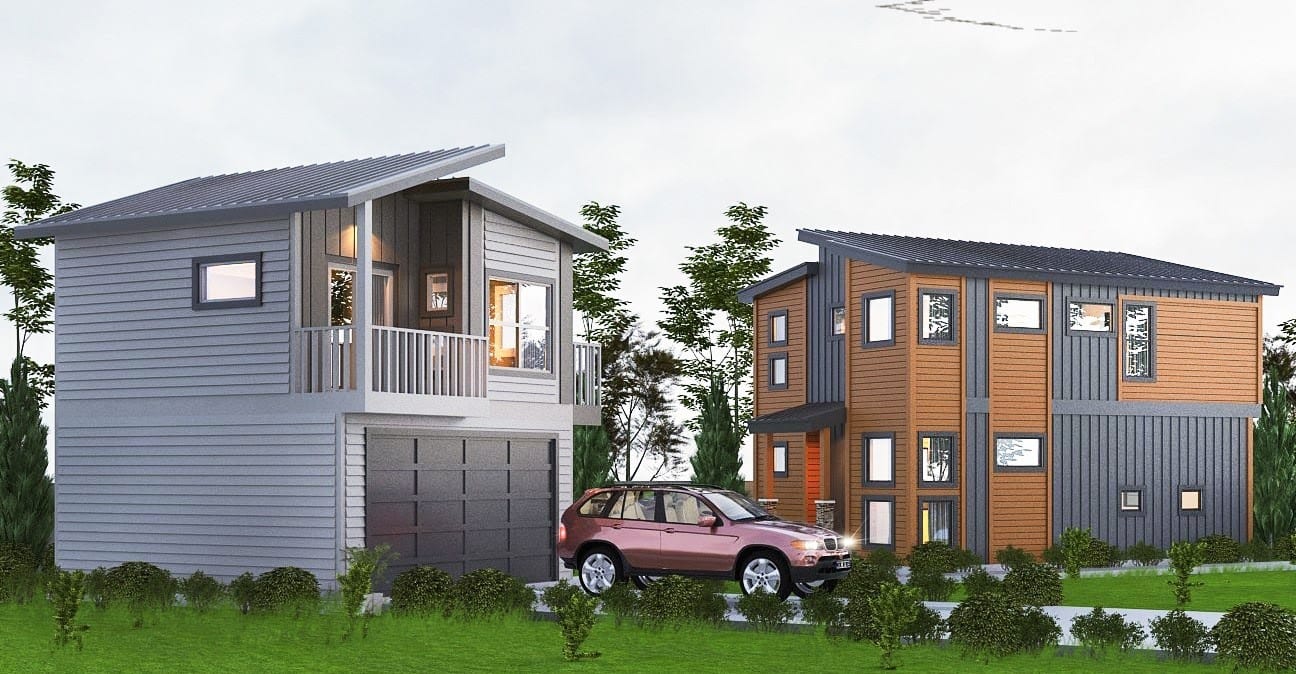David Luberoff, Deputy Director for the Joint Center for Housing Studies (JCHS), and Ellie Shield, a Master in Real Estate degree candidate at Harvard University’s Graduate School of Design, revealed in a new JCHS report that Accessory Dwelling Units (ADUs) have the potential to address housing-related challenges such as affordability, equity, and sustainability.
ADUs are small, independent living units that are inside, attached to, or detached but on the same parcel as a primary residence. The report found that many localities and a few states have recently made it much easier to build ADUs, and many other places, including Massachusetts, are considering similar changes.
In their study “Accessory Dwelling Units: Lessons for Massachusetts from Around the Country,” they examine ADU-related laws and regulations.
We begin by noting that despite their potential benefits, many homeowners oppose efforts to allow ADUs, usually because of concerns about traffic, neighborhood character, and property values. Since homeowners tend to play a major role in local politics and since land use regulation predominately occurs at the local level, some communities ban ADUs while others only allow them via special permitting processes.
Many by-right and special permit ADUs often include onerous restrictions, they say, such as limiting occupancy of the ADU to family members, requiring that the ADU’s owners live in the primary residence of the ADU, and/or mandating that the ADU have one or more on-site parking spaces.
This can create a self-reinforcing negative cycle in which few homeowners know about ADUs, few lenders offer appealing products to finance them, and few builders specialize in constructing them.
"Despite such challenges, over the last two decades, many cities and towns have changed their zoning to allow by-right approval of ADUs that meet clear standards for their size and use. Moreover, in the last decade, several Western states, starting with California and Oregon, have passed laws that require by-right local approvals of ADUs that meet state standards and limit localities’ ability to impose restrictions on occupancy or require substantial amounts of parking."
Their research found that such "robust changes" can have dramatic impacts. In Portland, annual permitting of ADUs grew from about 25 ADUs in 2009 to roughly 300 in the past few years.
Luberoff and Shield documented three emerging insights that might help inform policymakers in Massachusetts (and other states) considering changes to laws that govern the regulation of ADUs:
- Significantly increasing the production of ADUs requires the passage of statewide legislation mandating by-right local approval of ADUs that meet meaningful state standards related to their size and design.
- Policymakers must choose between a comprehensive approach that may limit communities’ ability to impose occupancy restrictions and parking requirements or an incremental approach that does not include those limits. The former approach is likely to produce more units and more controversy; the latter will produce fewer units but might be more politically acceptable.
- Meaningful by-right permitting processes will catalyze efforts such as homeowner education programs and new loan products that will help overcome other barriers to ADUs.
To read the full report, including more data, charts, and methodology, click here.

 theMReport.com Your trusted source for mortgage banking news
theMReport.com Your trusted source for mortgage banking news









